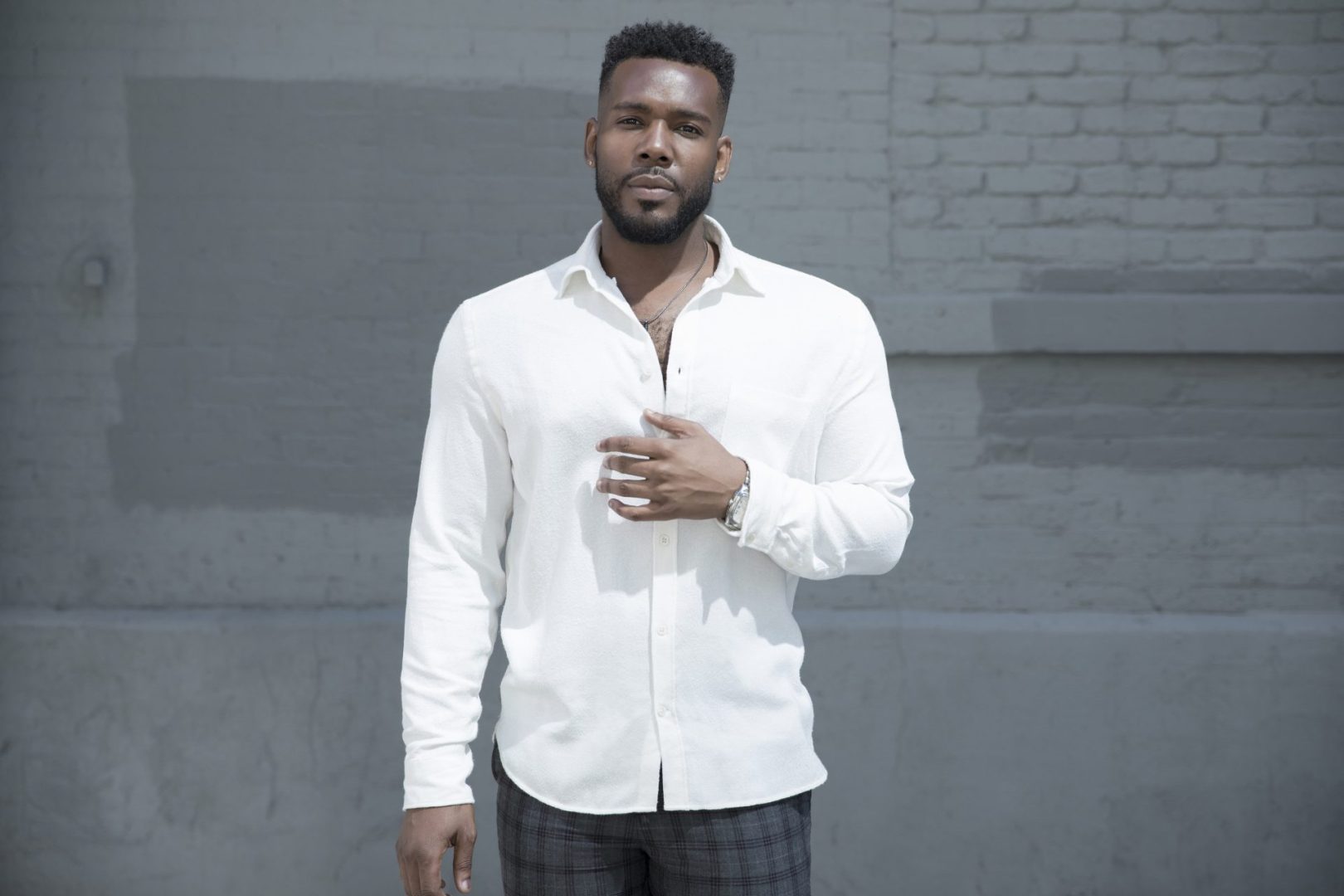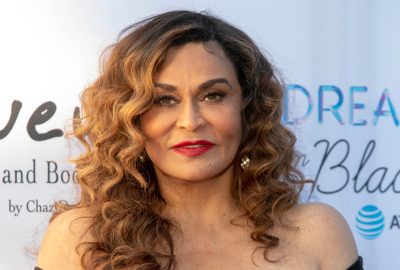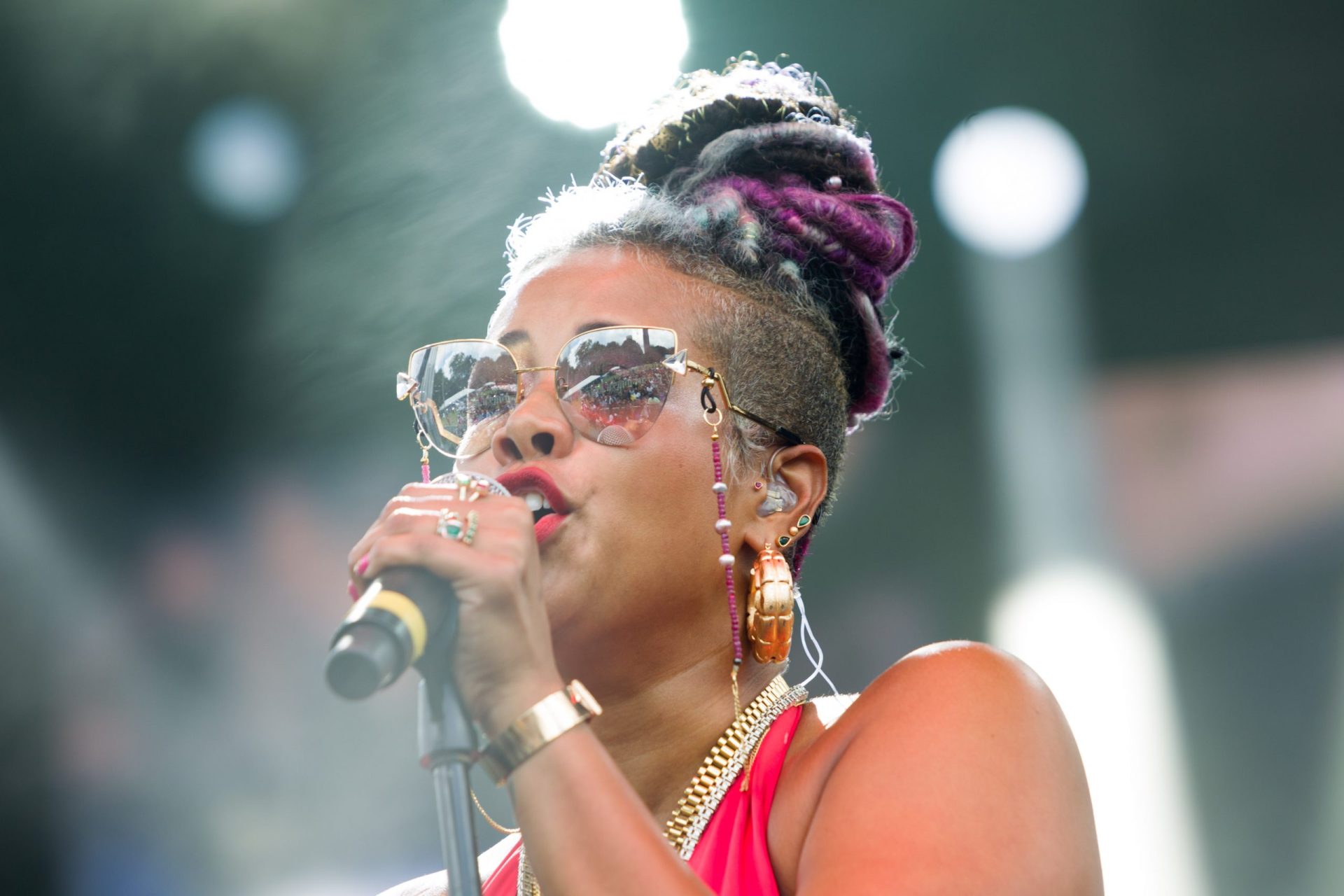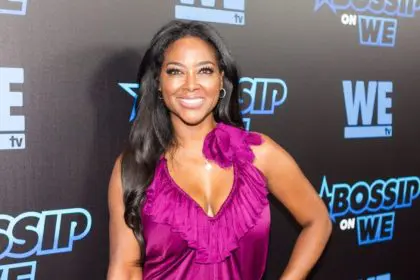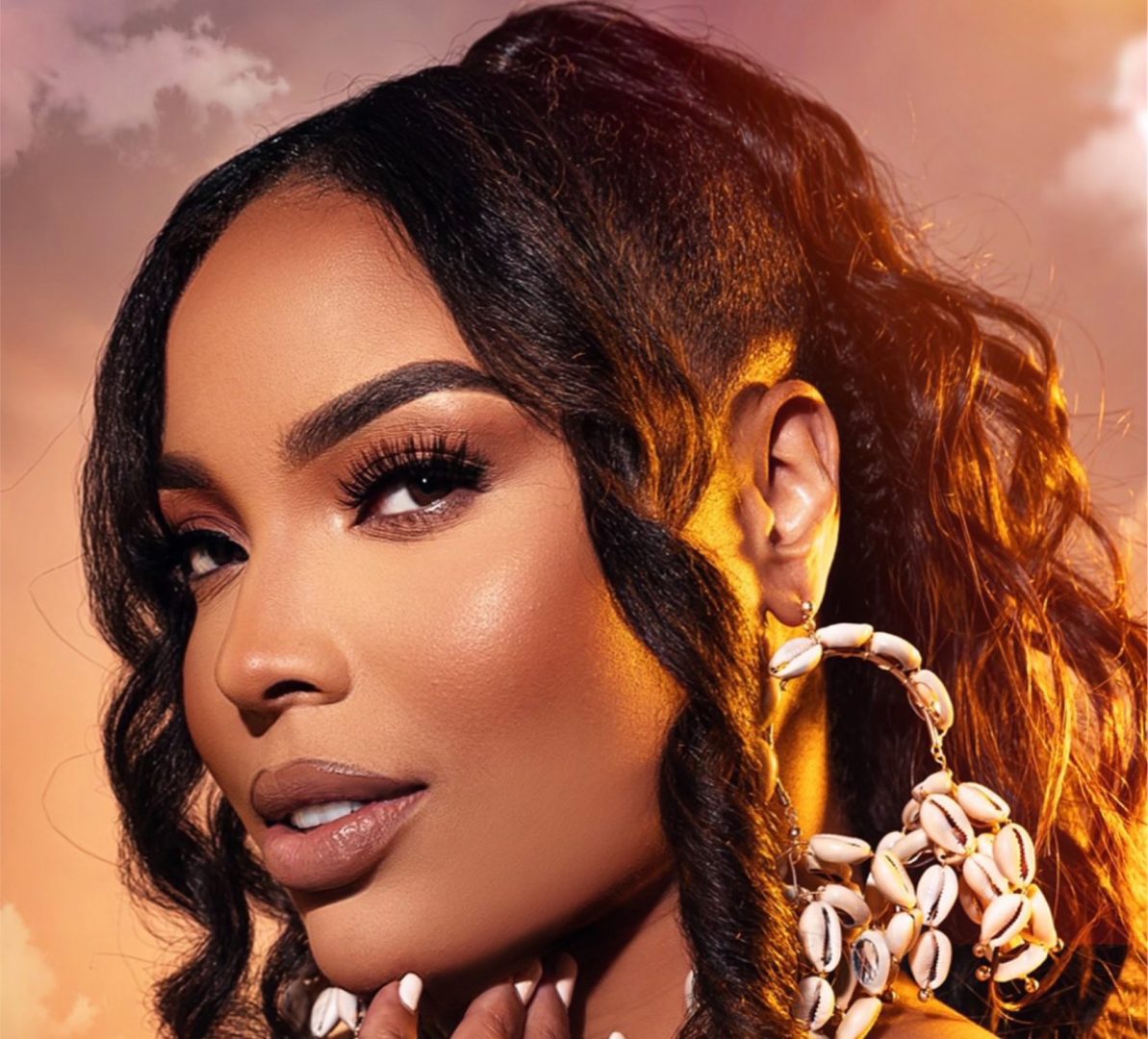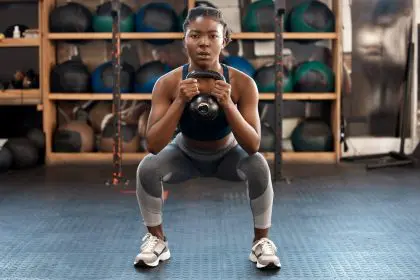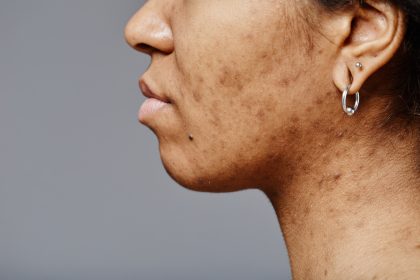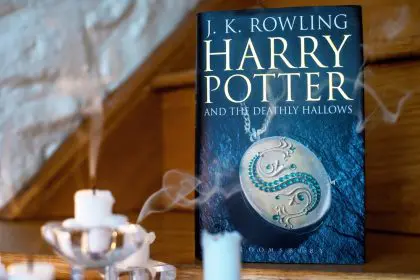In 2014, photographer Robert Ector received a phone call from Majorie Harvey that changed his life. “She and her husband, Steve Harvey, hired me to rebrand them, and their daughter Lori. I traveled the globe with the Harveys to the most beautiful places documenting their most important memories and showcasing their love for fashion and art,” recalls Ector, whose glamorous shots of the always chic Marjorie Harvey helped solidify her as a jet-setting fashionista. “We attended exclusive fashion shows, we were welcomed at the most exquisite ateliers for meetings with the most exclusive designers in the world.”
The collaboration with the Harveys exposed Ector to the survivalist nature of fashion.
“Those years traveling the world allowed me to realize how beautiful, treacherous, and grueling the fashion industry is. When you think about it, fashion is the most competitive sport,” he says.
If fashion is a sport, Ector is undoubtedly an All-Star competitor, and his latest project, a coffee table book titled Details: City Streets Are The Real Runways, is a world-class offering. During the years that he lived throughout Europe, capturing the most prominent fashion shows, he made a startling discovery, leading him to create the book.
“What happens inside the show on the runway is only the beginning,” says Ector, who has been the exclusive photographer for household names such as Nicki Minaj and recent Emmy-winner Niecy Nash-Betts, whom, with her wife Jessica Betts; he shot for Essence — marking the first time the Black women’s lifestyle Bible featured a same-gender loving couple on the cover. “The real fashion show is outside of the shows on the street.”
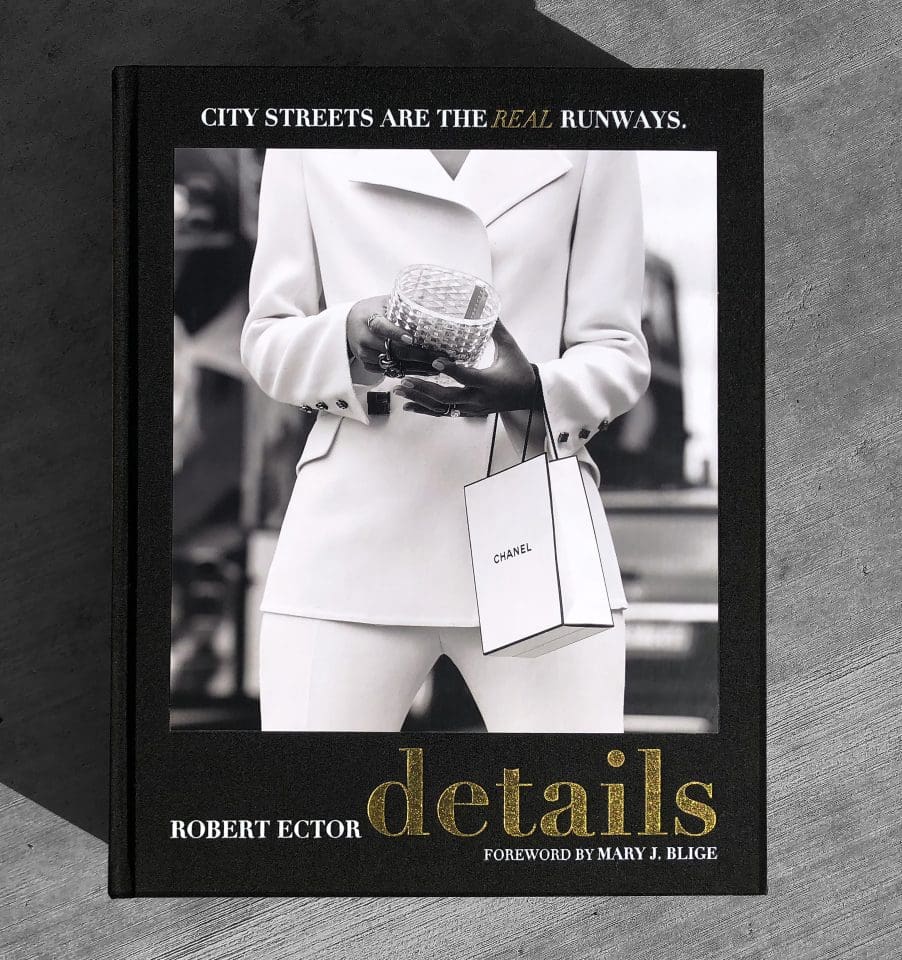
Street style emerged from its subcultural roots to influence mainstream tastes—from fast fashion to haute couture. In youth culture, it gained momentum post-World War II within the UK fashion scene. The 1970s marked a surge in its popularity, as young folk from London to New York began to blend diverse fashion elements — mixing and matching to their taste.
In 1999, hip-hop became the top-selling music in America — eventually becoming the most influential cultural force in the world, merging music, fashion and identity. Within the next two decades, social media empowered street style to a level that made its influence inescapable. It continues to profoundly shape our perception of fashion, identity, and culture.
Details is a visual love letter to global street style. At a hefty 15 pounds, this hardcover linen collection, with its gold foil stamping and beautiful slipcase and gloves for its protection — is beyond a book; it’s a work of art in and of itself. It opens with a foreword by Ector’s longtime client and friend Mary J. Blige, a pioneering figure in fashion who (with Lil’ Kim and Foxy Brown) was one of the first artists to meld hip-hop and high fashion.
Details documents the revolution of individuality—a trait that Blige has stood on for decades— that affects the runway but rules the streets. Even more, this collection is a gorgeous testament to Ector’s unique ability as a photographer to transform everyday looks into timeless imagery.
And he gets it from his mama.
“My mother introduced me to the power of fashion and beauty — along with my aunt and three sisters — I learned early on that Black female style is the pinnacle of luxury,” says Ector, who has photographed the exclusive collections of the biggest luxury brands in the world, including Hermes, Louis Vuitton, Dior, and Chanel. “That inspiration lead me to photography.”
Ector believes that the soul of luxury is Blackness. “There is an underlying quality of luxury that’s found in every Black household, no matter the economic status,” he says. His words and tone are reminiscent of the late Andre Leon Talley. The iconic fashion editor would often opine on his grandmother’s country opulence. “Luxury is having a home that is impeccably clean. My grandmother taught me to wax wood floors. We did not have wealth, but we had the luxury of love and cleanliness,” Talley said.
Talley was one of the most recognizable figures in fashion history — and Ector echoing our now ancestor is a joy, but not a surprise. Both stepped freely through gilded halls and spaces never initially intended for people of color — especially not Black men.
“I may have been the only Black person sitting in the front row, but Blackness was before me in great counts of beauty, as in the wonderful Black models at Saint Laurent, Givenchy. There was always Blackness somewhere in the fashion world, so I never felt alone,” Talley wrote in his 2020 memoir The Chiffon Trenches, two years before his death.
The Black models. Black women. Their spirit, struggle, and taking space reassured Talley that he did not walk alone. Marjorie Harvey. Mary J. Blige. His mother. His aunt. His sisters. Those Black women. Collectively, they have helped cultivate Robert Ector and his view of the world and fashion beautifully captured on the pages of Details.
“Black people are luxury,” Ector says.”It just lives within us and I want to showcase that to the world.”

